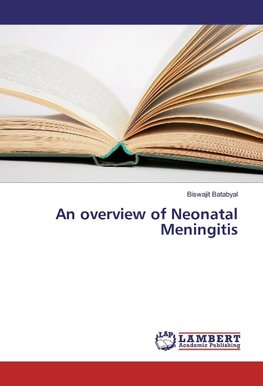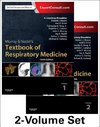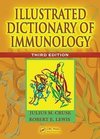
-
 Anglický jazyk
Anglický jazyk
An overview of Neonatal Meningitis
Autor: Biswajit Batabyal
Neonatal meningitis is the term used to describe meningitis that occurs in the first 28 days of life. Many different organisms can cause neonatal meningitis, broadly grouped as bacteria, viruses and fungi. However, the most common causes are bacteria; in... Viac o knihe
Na objednávku, dodanie 2-4 týždne
33.30 €
bežná cena: 37.00 €
O knihe
Neonatal meningitis is the term used to describe meningitis that occurs in the first 28 days of life. Many different organisms can cause neonatal meningitis, broadly grouped as bacteria, viruses and fungi. However, the most common causes are bacteria; in particular group B streptococcus (GBS) and Escherichia coli (E. coli). GBS bacteria live harmlessly in the vagina and intestinal tract of approximately 10 to 30% of women. These bacteria can sometimes be passed to the baby during delivery. The result is usually colonisation of the skin surfaces and only a small percentage of babies go on to become ill with serious infection. When a baby becomes ill in the first six days of life this is called early onset disease. When a baby becomes ill between seven and 28 days after birth this is called late onset disease. Rarely, infection may occur as late as three months of age.
- Vydavateľstvo: LAP LAMBERT Academic Publishing
- Rok vydania: 2017
- Formát: Paperback
- Rozmer: 220 x 150 mm
- Jazyk: Anglický jazyk
- ISBN: 9783330087675












